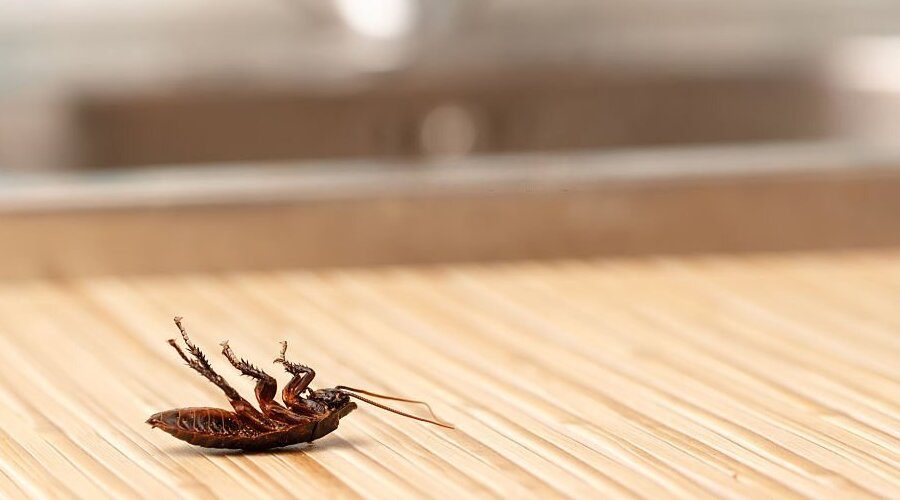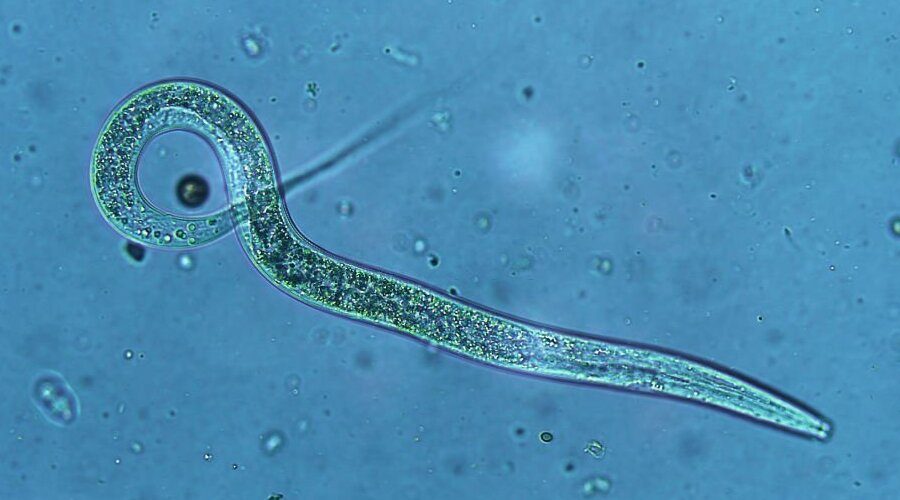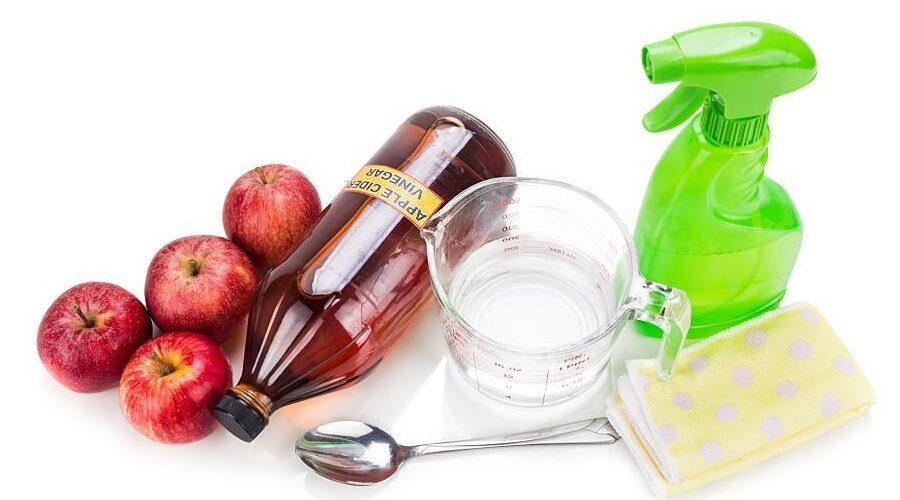Natural Pest Management Guide
Manual for Eco-Friendly Pest Management
When it comes to pest control, you want a reliable, safe solution that works.
You don’t want to use toxic chemicals as it contains active ingredients and can damage the environment.
Luckily, there are plenty of ways you can protect yourself and your home from pests without having to resort to extreme measures.
Welcome to the comprehensive guide for natural pest control from Pro Pest Control Perth. In this guide, we’ll cover a few simple methods you can try out at home using natural insecticide like coffee grounds, mint leaves, cloves, and more.
We’ll also look at using biological controls such as beneficial insects and something called nematodes, before examining some physical strategies for prevention and control.
Natural Repellants
1. Coffee Grounds
So let’s start with the easy stuff. Coffee grounds can be an effective and simple way to discourage pests at bay from haunting your home. Not only that, but it’s super budget-friendly. Just sprinkle some coffee grounds around your home. If you don’t have any on hand, you can even use used coffee, as this works just as well. Some insects simply hate the smell, while for others, the grounds form a physical barrier between them and your house. The texture of dried-out coffee grounds may leave them feeling unwelcome in your home. Caffeine works like a mild pesticide for numerous bugs or mosquito repellent. So feel free to sprinkle those grounds liberally around areas vulnerable to insects.
2. Mint
Forget about peppermint candies. Mint can also be a helpful tool to use in your organic pesticide arsenal. Mint is a powerful plant and its strong scent can effectively repel pesky critters like tree flies, birds, mosquitoes, and fleas, making it a great choice for outdoors. Just soak some mint leaves in 2 cups of water overnight, then strain the leaves and spray the mixture around affected areas. You can also dry fresh mint leaves and grind them to make a powder, which you can sprinkle directly around your garden or balcony as an added repellent. Mint takes almost no effort but can give you long-lasting results.
3. Cloves
Cloves are probably more familiar to you from your kitchen than your garden, but don’t underestimate their pest-repellent powers. Mosquitoes and other bugs can’t stand the smell of cloves, so sprinkle ground cloves around areas they like to hang out. For extra protection, mix up a solution of whole cloves and water in a spray bottle and use it to treat bits of furniture or outdoor décor that could be vulnerable. You can also strategically place some whole cloves near windowsills for an added layer of defence against insects looking for a way inside.
4. Hot Pepper
Capsaicin is the magic compound that makes chili peppers so spicy. It’s also super effective against bugs or rodent control. So, to make a natural insect repellent, just mix up some capsaicin-dense hot pepper flakes and water in a spray bottle. For extra protection, you can add some garlic powder and castor oil into the mix too. Beware though. This mixture packs a punch. The strong scent of capsaicin should be enough to ward off even the most determined of trespassers while being gentle on your plants, garden, and home interior.
5. Apple Cider Vinegar
Apple Cider Vinegar (ACV) makes for another really powerful pest fighter. Not only can spraying ACV keep bugs away, but its antibacterial properties are great for your garden and soil as well. You’ll need an oil of your choice like olive or almond to add to the mix, as this helps keep the mixture stuck to plants after you spray it on them. If you use ACV inside, avoid spraying it directly onto surfaces, instead opt for something natural like cotton balls soaked in vinegar. ACV provides a potent way to stay ahead of pesky intruders without having to resort to harsh chemicals.
Biological Controls
1. Beneficial Insects
Beneficial insects might sound like the last thing you want anywhere near your garden, but certain bugs can actually be extremely helpful in controlling creepy crawlies in your home. Ladybugs are great natural predators and can help to eliminate common leaf-eating insects like aphids. You’ll find them eating up the aphids in no time. Praying mantises feed on flies, roaches, beetles, and other small critters that may be hanging around too. These are just a few examples of beneficial insects that can work towards providing organic pest control on a regular basis.
2. Fungi
Where insects might have failed, fungi can pick up the slack. Fungi are another option for natural pest control, as certain species produce toxins that kill common garden pests like spiders, aphids, and caterpillars. All it takes is a bit of patience to let the fungi do their thing. And you don’t even need to spray anything. Just adding mulch around the base of plants provides a food source for garden fungal colonies so that they can establish themselves in your garden happily and without any extra effort on your part.
3. Nematodes
Nematodes are small, wriggly bugs that can also be harnessed to help keep pests away from your home and garden. These little invertebrates feed on a range of insects commonly found around the home such as grubs, ants, and fleas. Plus, many more. Applying nematode populations to vulnerable areas of your lawn or garden is an effective way to keep those pesky critters away without resorting to heavily chemical pesticides or methods with environmental drawbacks. It’s good for both nature and yourself. If handled carefully, these little wrigglers can be a huge help.
Physical Control
1. Keep Your Home Clean
The first step for natural pest control is to keep your home clean. Get rid of any existing pest infestations by keeping surfaces free of crumbs and sweet residue. Keep counters wiped down, mop regularly, and vacuum thoroughly to remove any food sources that could draw pests from the outdoors. Don’t forget to empty trash cans frequently too. This will help reduce your chances of invasion with few resources needed. A clean house means a healthier home and a more resilient garden.
2. Seal Up Any Gaps
Next, make sure to keep any potential entry points for insects sealed up. This includes checking all windows and doors for any gaps where pests might be able to slip through. These are usually along weather strips or sills of door frames, as well as around window edges and screens. Repairing or replacing screens with small tears in them is also a must. Any tiny cracks in walls or foundations should also be treated with a sealant to ward off unwanted invaders from hanging around inside your walls.
3. Fix Torn Window Nets
Window nets can provide an extra layer of protection against intruders. However, they need to be well maintained in order to do so. If you have window nets installed then regularly inspect them for any signs of wear and tear that insects may be able to exploit. Look out for rips and gaps. Replace any that you spot sooner rather than later. Keeping your nets in good condition will help keep even the wiliest invertebrates locked out of your home.
4. Clean Up Standing Water
Leaving standing water around your property is a surefire way to attract pests. Pools of water are the perfect place for mosquitoes and other bugs to breed. Plus, some insects might even make their homes in those still waters if they’re left undisturbed for too long. Standing water can also encourage fungus growth which is another thing that no one wants near their home. So keep an eye out for any signs of standing water when doing your check-ins and don’t forget puddles, ditches, or depressions in the ground. This kind of habitat shouldn’t be underestimated. Clear away any collected rainwater as soon as possible so that there’s no chance for bugs to call it home.
5. Invest in a Dehumidifier
Humidity is a difficult thing to keep up with, but it can be especially helpful when it comes to pest control. Issues like mould and mildew are usually caused by high levels of moisture in the air. But so are some kinds of bugs. To combat this problem, try investing in a dehumidifier. Not only will low humidity reduce the number of unwelcome intruders, but it’ll contribute towards improved air quality too. It’s an all-in-one solution for your home, and you won’t even have to worry about chemical pesticides or traps.
6. Store Food Properly
Another one of Mother Nature’s best solutions is proper food storage. Simply ensuring that any exposed or unsealed food products are stored properly can go a long way in keeping pests away from your home. This means sealing containers tightly and storing them off the ground to avoid any contact with rodents or insects looking for an easy meal. Pantries also provide a tempting option for critters, make sure that everything there is sealed away carefully as well. Leaky packages will attract bugs like crazy. Keeping your food out of sight helps protect both yourself and your home from hungry intruders.
7. Dispose of Garbage Frequently
Finally, it’s important to ensure that you dispose of any garbage frequently and in a safe way. Garbage around the house is like an all-you-can-eat buffet for pests, so make sure that these areas are cleared out often. Installing rubbish bins with secure lids is one good way to avoid rat invasions potentially caused by poor disposal methods. Make sure to keep any compost piles well away from your home too – these can attract bugs like crazy so you want them at as much of a distance as possible.
FAQs
Are there any environmental implications to using chemical pesticides?
Yes. While chemical pesticides may offer a more immediate and potent solution, these chemicals can have a lasting effect on the environment and be harmful to both soil health and nature’s biodiversity. As a result, it’s best to go with natural solutions whenever you can.
How often should I check my home for potential gaps?
It’s recommended that you keep an eye out for potential walk-ins when doing regular check-ins around your property at least once every few weeks. This helps keep tight control over your security system so that no unwanted guests sneak in unnoticed.
Can I use natural pest control on my pet?
Don’t be tempted to try any of these strategies on your furry friends, as they can cause health risks like muscle weakness. Stick with professional products when it comes to flea prevention and pet care. Natural remedies simply aren’t designed for dealing with critters on animals.
Conclusion
So there you have it, step-by-step instructions on natural pest control.
We’ve learned simple methods using natural ingredients like coffee grounds, mint leaves, and cloves for keeping pests away from your home.
We explored biological controls such as beneficial insects and nematodes, before looking into some physical strategies for prevention/control that can give you peace of mind inside your walls.
Plus, we answered some common questions about pest control along the way too.
Now you’re ready to tackle any problems that come your way in an environmentally responsible manner.



